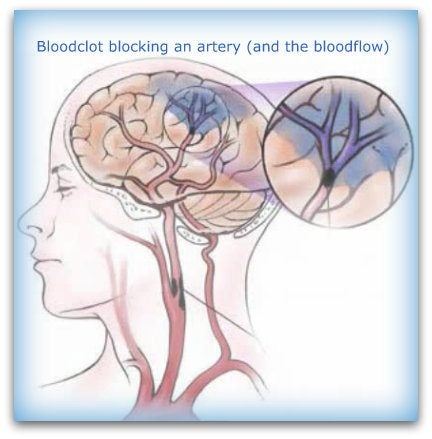Anti-Phospholipid Syndrome + Lupus Anticoagulants
When an ischemic stroke or transient ischemic attack is caused by an autoimmune response of the body which makes the blood clutter....
Autoimmune disease
If the body's immune system will make antibodies against endogenous substances, it is called an autoimmune disease.
APS - Anti-phospholipid Syndrome
APS, abbreviation of anti-phospholipid syndrome, causes that antibodies are generated against a component, called phosphor lipids, of the membrane of blood platelets. This results in a shortage of phospholipids that provide a solid vascular wall and which are building blocks of cells in the body.
This deficiency increases the risk of thrombosis.
The two major phospholipid antibodies are:
-
Anticardiolipin (aCL)
-
Lupus anticoagulant (LAC)
-
Anti-β2-glycoproteine I (β2-GPI)
Where the presence of antibodies against phospholipids in most people will not cause problems, it can cause serious problems in others, like thrombosis, cardiovascular diseases, problems in pregnancy (miscarriage and death of the baby during pregnancy).
A cerebral infarction and / or TIA can also be caused by such a blood clot.

Note! An increase of the antibodies against phospholipids can also be an innocent, temporary problem, for example after a flu or after an infection. That is why a blood test that showed an increase of the antibodies against phospholipids is repeated after a few weeks to see whether it is a permanent situation.
Treatment
Treatment takes place by providing anti-clotting in order to reduce and / or to prevent the risk of thrombosis and cerebral infarction.
Increased risk of lupus anticoagulant formation:
People suffering from the autoimmune disease lupus or SLE (systemic lupus erythematosis), have an increased risk of developing lupus anticoagulant (LAC), one of the antibodies against antfosforlipide.
Cancer and HIV / AIDS, Crohn's disease and the use of certain medications can also be accompanied by formation of LAC.
Ask your doctor, neurologist, vascular expert or a clinical chemist for more information.